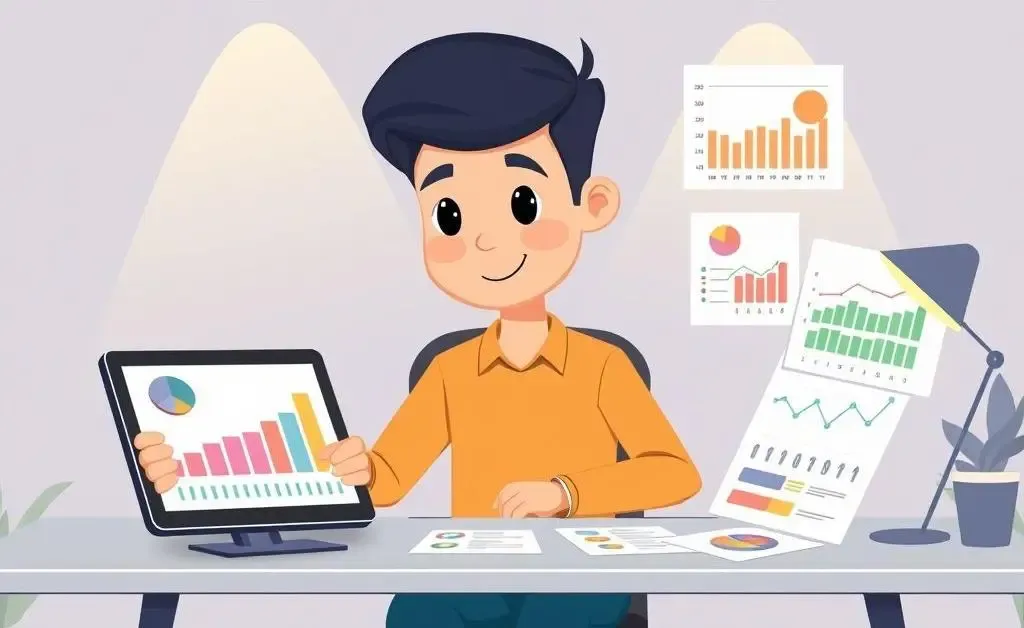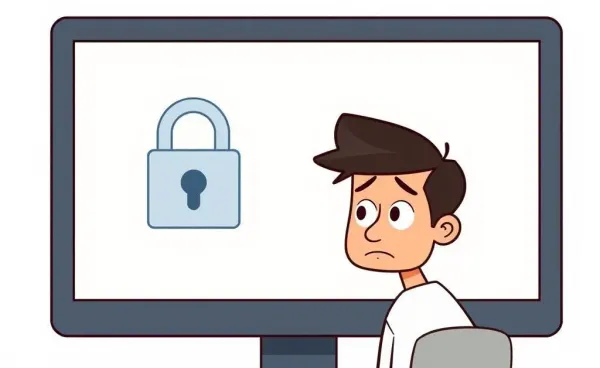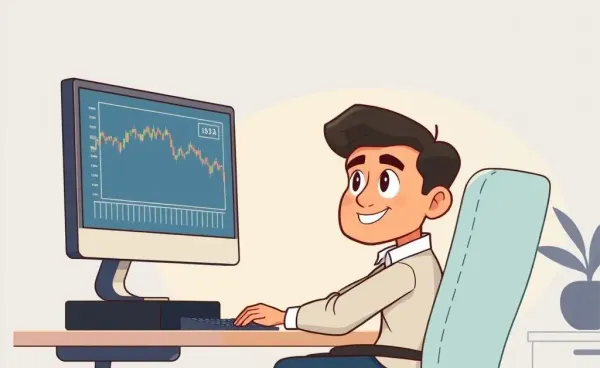Understanding PMI: A Simple Guide to Saving on Your Home Loan
Discover what PMI is and how to avoid it, saving you money on your home loan.

Have you ever wandered into a conversation about PMI and thought, "Is that a new podcast I should be following?" Well, no. PMI actually stands for Private Mortgage Insurance. If you're in the thrilling process of buying a home (say goodbye to bidding wars and hello to paperwork), this term might just be the buzzkill you need to pay attention to.
What is PMI?
Simply put, PMI is an insurance policy that lenders take out to protect themselves when you're borrowing more than 80% of the home's value. That's right, it's the insurance you pay for that protects someone else. 🤔
Why Does PMI Exist?
Lenders consider anyone contributing less than 20% of the purchase price as a higher risk. So, PMI is their security blanket in case things go awry with your payments. It sounds a tad unfair, but there’s a way to dance around it.
How to Avoid PMI
If saving an extra 20% seems more elusive than spotting a unicorn, fear not. There are ways to potentially dodge PMI!
- Save up for a 20% down payment - Not the easiest, but certainly the most straightforward way.
- Look into a lender-paid PMI - Also known as LPMI, where the lender pays the PMI for a higher interest rate.
- Consider a piggyback loan - A second, smaller loan to cover your down payment.
- Check out government-backed loans - Some loans by the VA, USDA, or FHA might offer reduced or zero PMI.
Let me share a quick story. My friend Jenna, an aspiring homeowner with a shoe collection rivaling Imelda Marcos, once almost signed off on PMI until she stumbled upon the piggyback loan option. By cleverly navigating her financing, Jenna walked away with her dream home and kept her closet budget intact. 👠
Is PMI Always Bad?
Not necessarily. Sure, nobody loves additional monthly costs, but PMI can also serve as a stepping stone for accumulating your home equity faster; it's just a bit like eating vegetables. Not always fun, but good for you in the long run.
Key Takeaways
Buying a home is one of the biggest investments you'll make. Understanding PMI helps you make informed decisions and potentially save thousands. To summarize:
- PMI protects lenders with less than 20% down borrowers.
- Save up, consider a piggyback loan, or check out government-backed options to avoid PMI.
- Evaluate if paying PMI might still be beneficial in your situation.
Have you tackled PMI in your home-buying journey? What strategy worked best for you?




